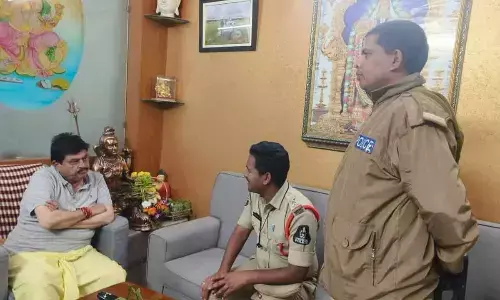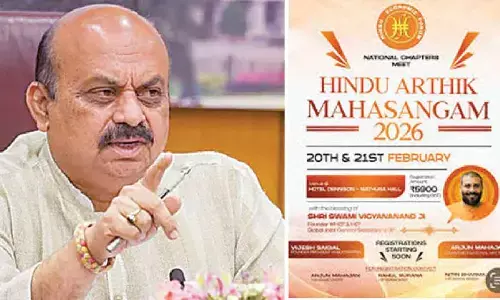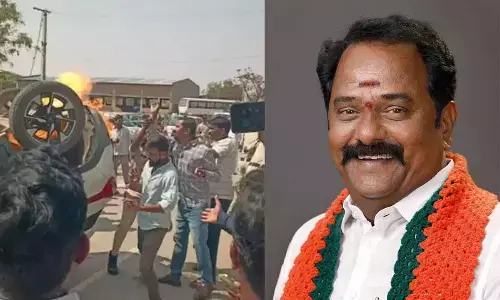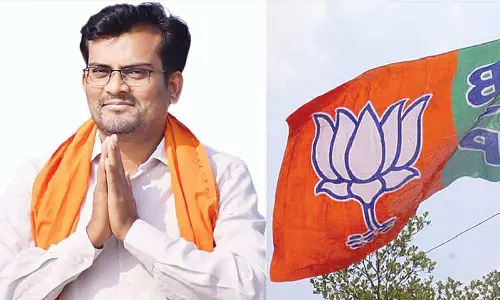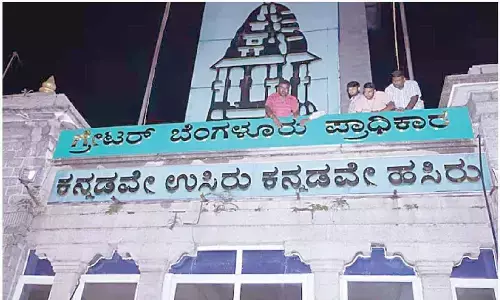5 things to know about Presidential election
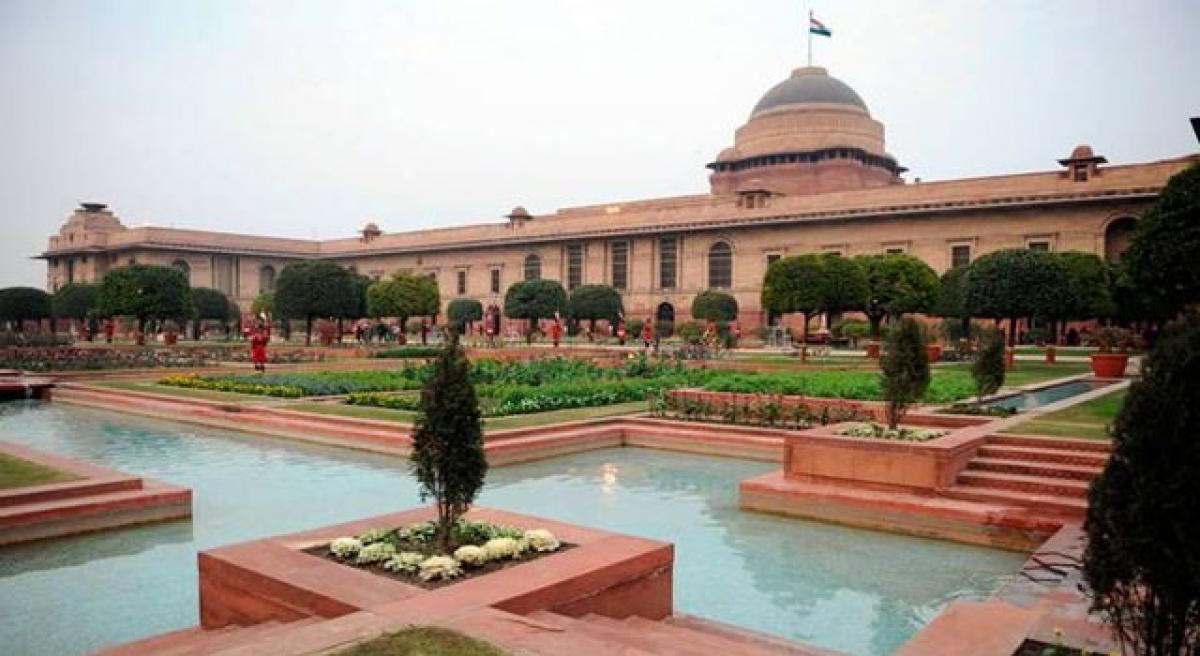
The Presidential election is different from the elections to the Parliament or a State Assembly. Here is a compilation of 5 things you need to know about the Presidential election.
The Presidential election is different from the elections to the Parliament or a State Assembly. Here is a compilation of 5 things you need to know about the Presidential election. As Factly reported earlier, the election to the President of India is a complex process. Besides it being a complex process, there are other things that are unique to the Presidential election. Here is a compilation.
Validity of Vote
Since most of the other elections in the country are conducted through the EVM, the concept of invalid vote does not arise in such elections. But the election to the President of India is conducted through ballot paper, a green one for MPs and a pink one for MLAs. The ballot paper is printed in Hindi & English for MPs, and in English & the local official language for the MLAs.
For any ballot to be valid, marking the first preference is mandatory while marking other preferences is optional. A ballot can be treated as invalid in the following cases: The figure 1 is marked against the name of more than one candidate. The figure 1 and some other figure is marked against the name of the same candidate. Any mark is made by which the voter can be identified. Preference is marked in words like one, two, three or first preference, second preference, third preference, etc., instead of in figures 1, 2, 3 etc.
Rejection of nomination
While any citizen can file a nomination paper, the nomination can be rejected in the following cases:
• On the date of scrutiny of nominations, the candidate is not eligible for election as President under the Constitution as per the eligibility criteria
• If any of the proposers or seconders is not qualified, i.e., he is not an elector at the election
• If it is not subscribed by the required number of proposers and/or seconders (50 in each case)
• If the signature of the candidate or any of the proposers or seconders is not genuine or has been obtained by fraud
• In the 7th Presidential election in 1977, nomination papers of 36 out of 37 candidates were rejected. Neelam Sanjeeva Reddy was unanimously elected as the President.
Choice of polling booth
In any other election, citizens cannot choose the polling booth to vote. They have to mandatorily vote in the booth in which they are registered as a voter. But in the Presidential election, voters (MPs & MLAs) can choose their polling booth. Normally, the MPs vote in New Delhi and MLAs in a place fixed in each State/UT capital. The ECI notifies the place of polling in New Delhi as well as State/UT capitals.
But facilities are provided by the ECI for any MP to vote in the capital of a State and similarly an MLA to vote at the polling booth set up in the Parliament House, if he is in Delhi on the date of poll. The MP or MLA who opts to vote in a place other than the place designated for him to vote is required to intimate the ECI 10 days in advance. In exceptional circumstances, MPs and MLAs may also be permitted by the ECI to vote in other State capitals.
Forfeiture of deposit
Every contesting candidate has to deposit Rs 15,000 as security deposit. The security deposit was increased to Rs 2,500 before the 6th Presidential election in 1974 and further increased to Rs 15,000 in 1997. The security deposit will be forfeited if the candidate is not elected and the number of valid votes polled by him does not exceed 1/6th of the number of votes necessary for a candidate to be elected. In the parliament & assembly elections, candidate’s security deposit is forfeited if he does not secure 1/6th of valid votes polled.
Counting
The counting of votes in the presidential election takes place only in the Parliament house in New Delhi. The votes polled in other places are transferred to Delhi in separate sealed covers. The presiding officers in various states transfer the ballot papers from the ballot box to separate covers without counting or opening them. This is done in the presence of authorised representatives of the candidates. (Courtesy: https://factly.in)
By Rakesh Dubbudu


